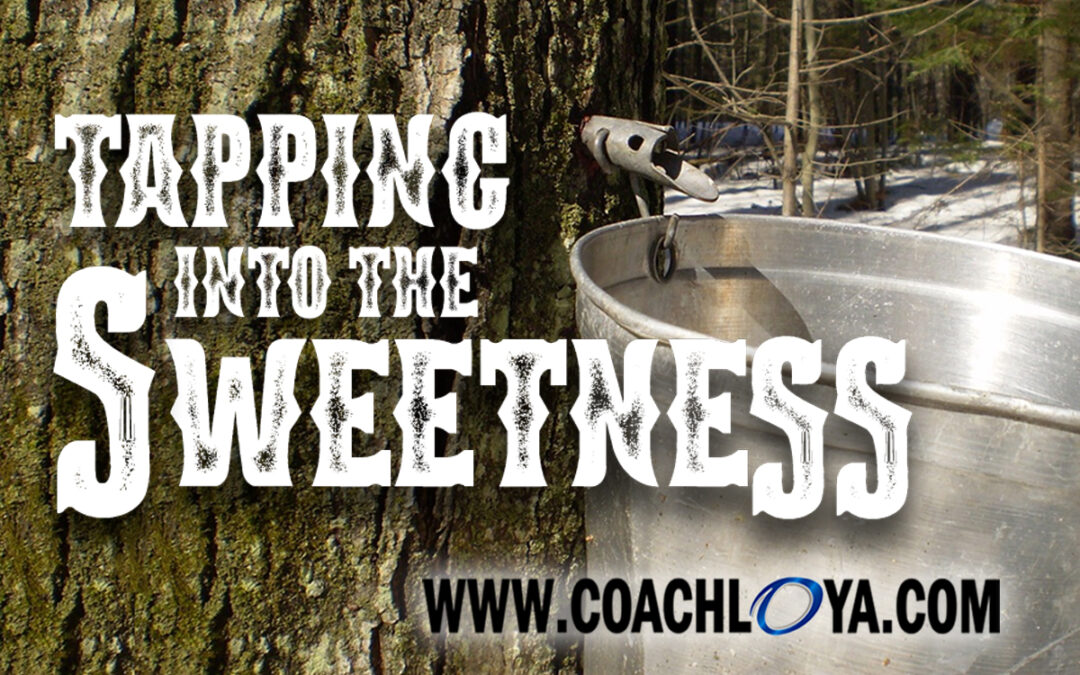Today is National Maple Syrup Day!
The maple syrup market is valued at a lucrative $1.4 billion and is projected to grow over the coming years as consumers are increasingly choosing alternative, lower-calorie, natural sweeteners over refined sugars.
Canada produces the vast majority of the world’s maple syrup, exporting nearly 11 million gallons per year to 67 different countries around the world.
Maple syrup is made by boiling the sap from maple trees to remove water and concentrate the sugar. The process begins by drilling a hole into the tree and inserting a tap to drain the sap into either a bucket or tubing that leads to a large collection tank.
Tapping maple trees is a fairly simple process, one that has essentially remained unchanged for hundreds of years.
Though simple, the process can be arduous. It requires patience and diligence. It also often requires work in cold, unpleasant conditions. But, as the above numbers suggest, tapping into the sweetness can be lucrative.
Good teammates know that inside every team member dwells some form of sweetness—something worthy of praise and recognition. Tapping into this sweetness can be comparably lucrative in terms of team success.
Studies show that people are more likely to quit over a lack of praise than they are over a lack of pay. On teams, praise matters.
Being praised triggers a chemical chain reaction. The brain’s hypothalamus starts to release dopamine, which causes people to feel satisfied, motivated, and happy. When people feel happy, they are more productive.
Productive teams inevitably become lucrative teams.
You may not be in a position where you can control what your teammates are “paid” (i.e. salary, position, responsibilities, titles, playing time, etc.), but you are always in control of how they are praised—by you.
Tapping into your teammates’ sweetness requires you to identify aspects of their existence that are worthy of praise and recognition. Sometimes, this can be a challenging endeavor, especially when it comes to difficult teammates with whom you might not always see eye-to-eye.
But being a good teammate means being willing to undertake this challenge.
If you find yourself struggling to identify something about your teammates to praise, consider looking beyond the superficial. Pay close attention to their actions, skills, and efforts. Be hyper-observant. Dive deep. Think outside the box.
And remember, everyone has something inside them that is worthy of praise. Find that good, no matter how insignificant it may seem, and tap into it. Tapping into their sweetness—praising them—can trigger a chain reaction that can change your team’s entire culture.
As always…Good teammates care. Good teammates share. Good teammates listen. Go be a good teammate.





